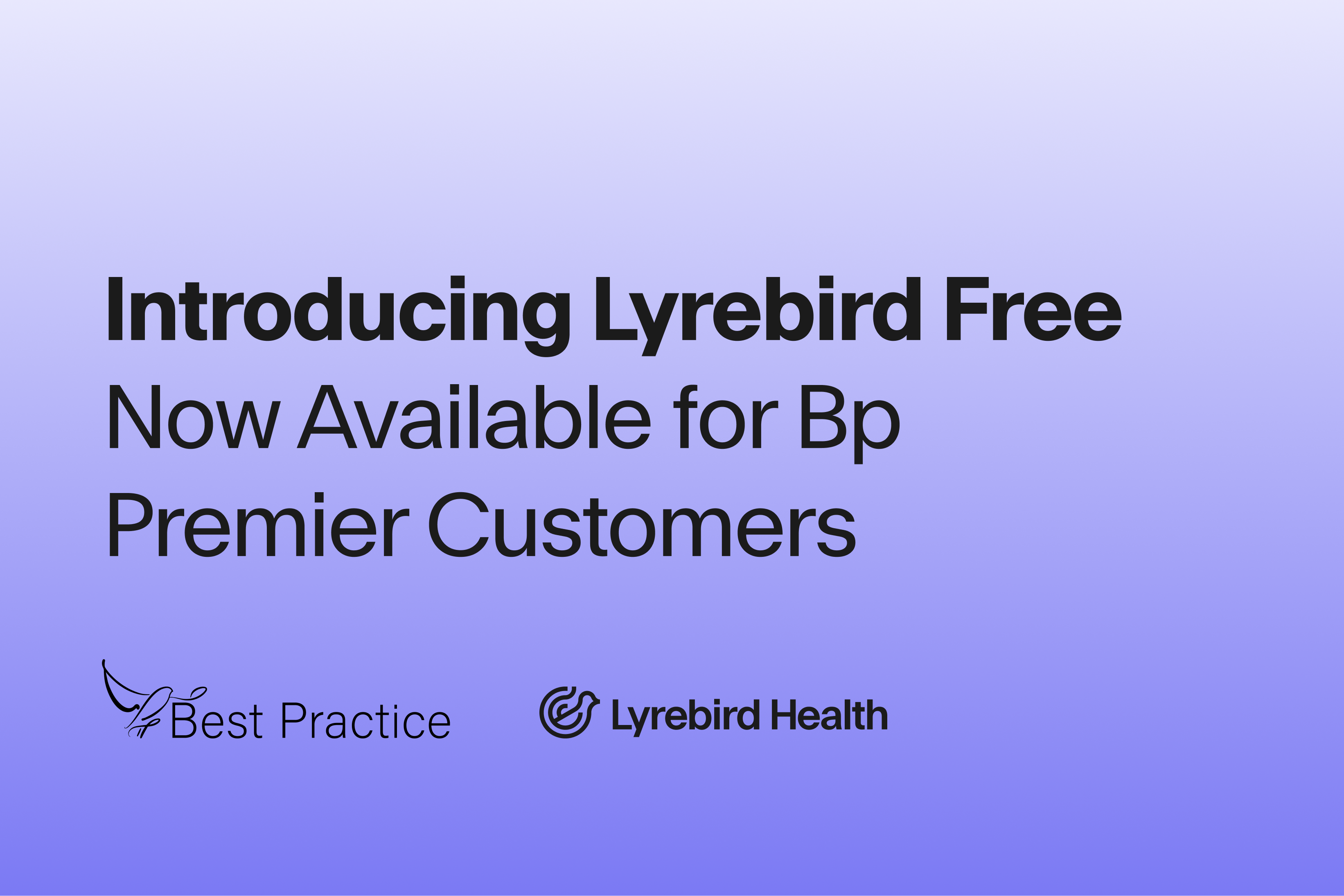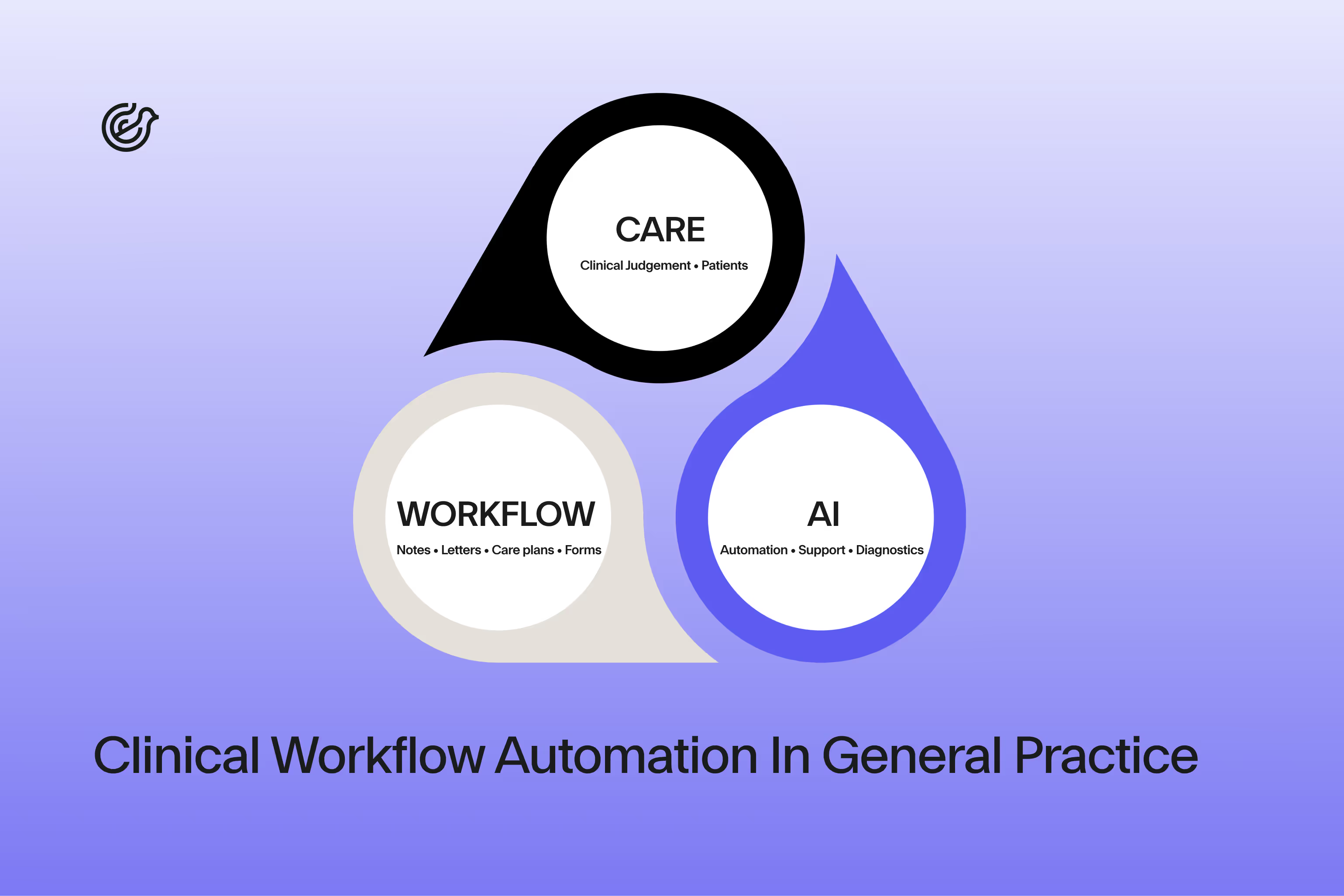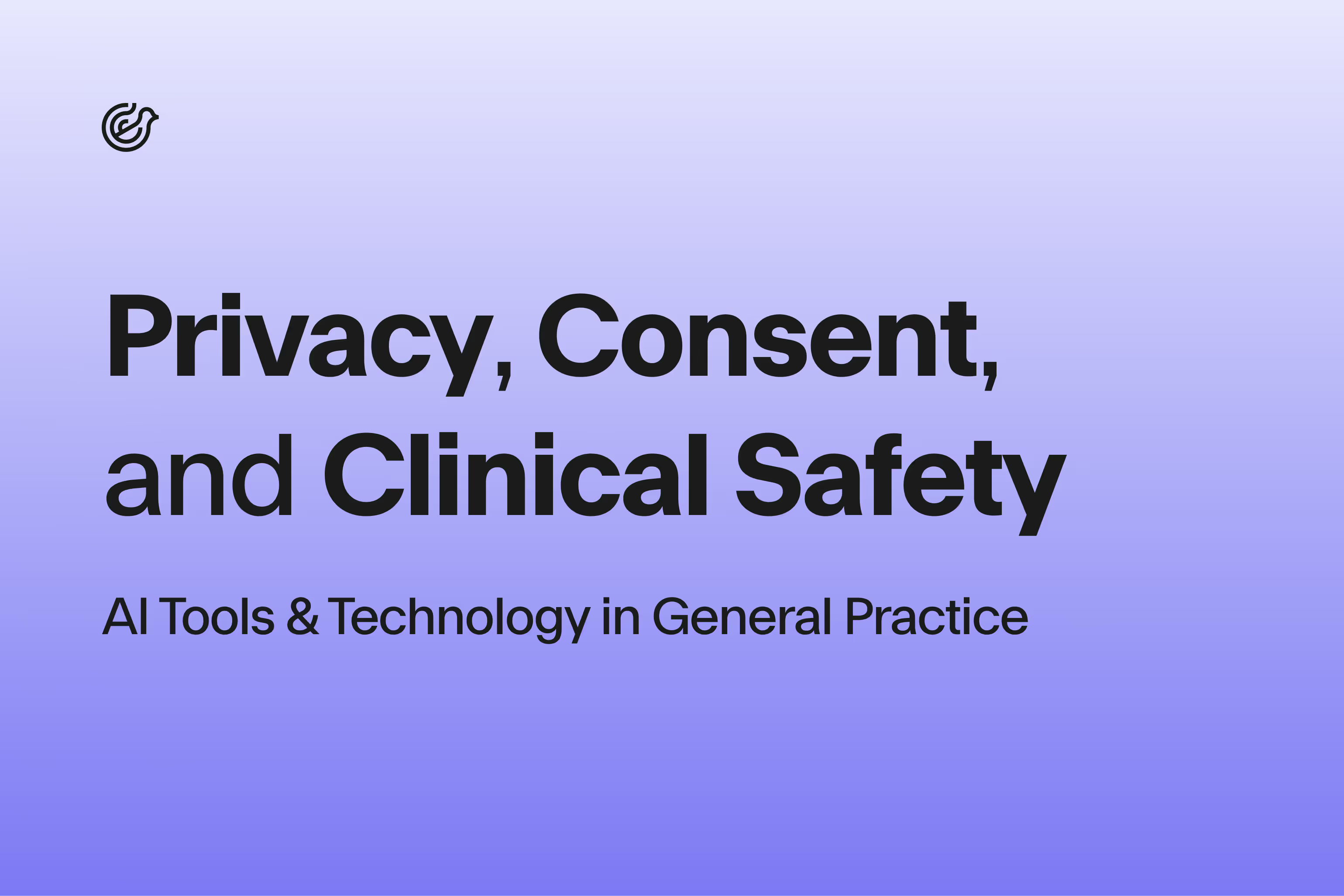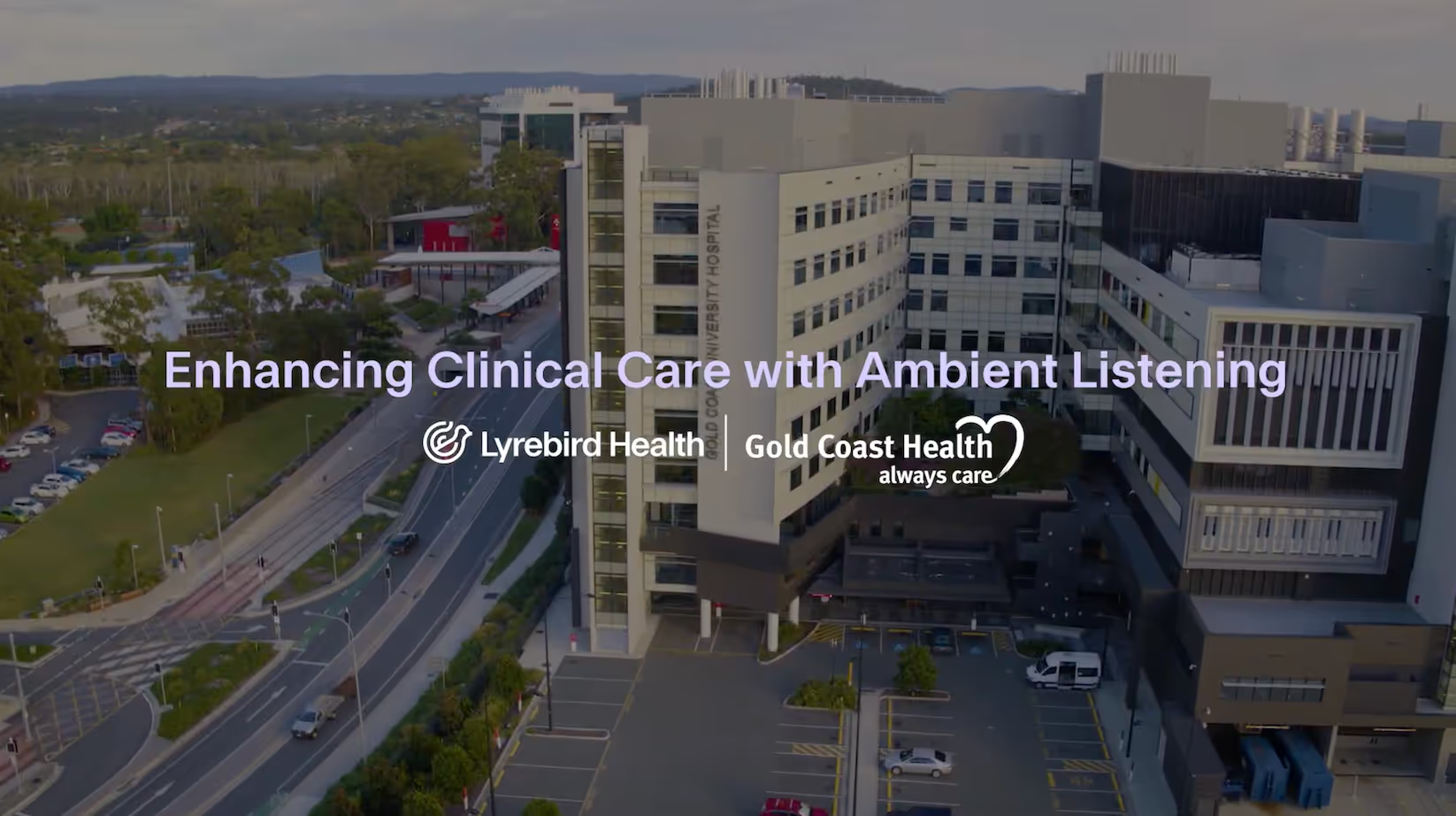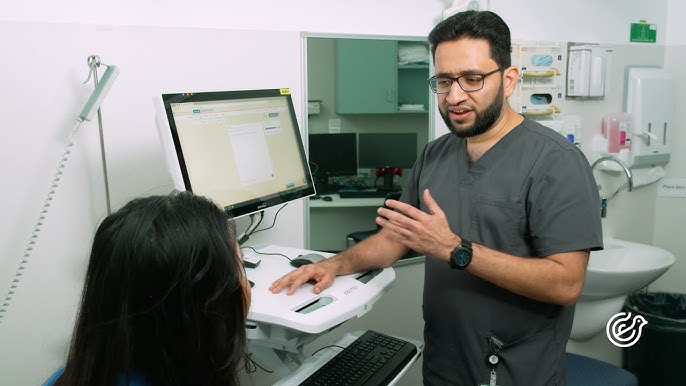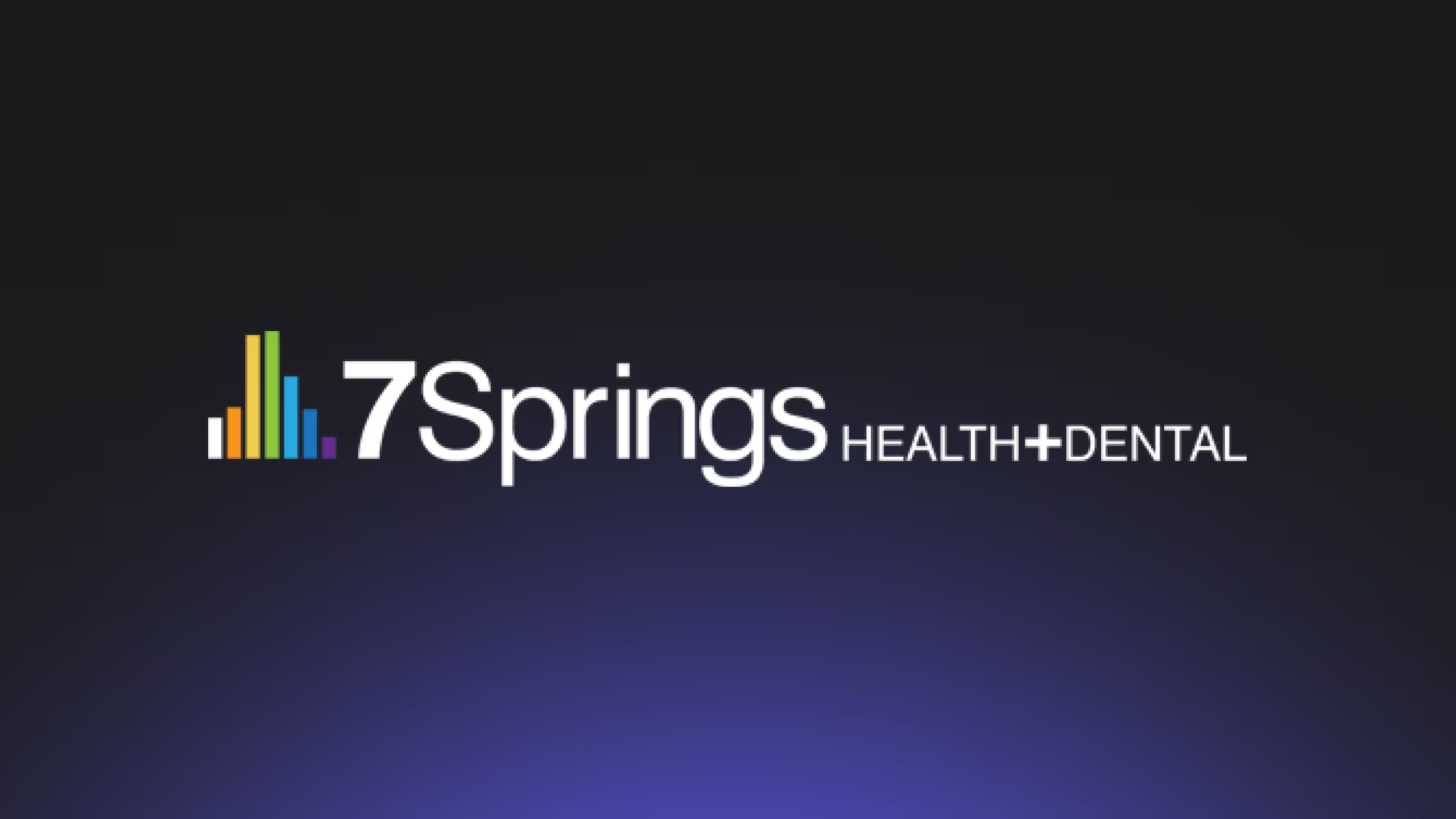Lyrebird’s Human Impact - Revolutionising Communication and Efficiency in Healthcare
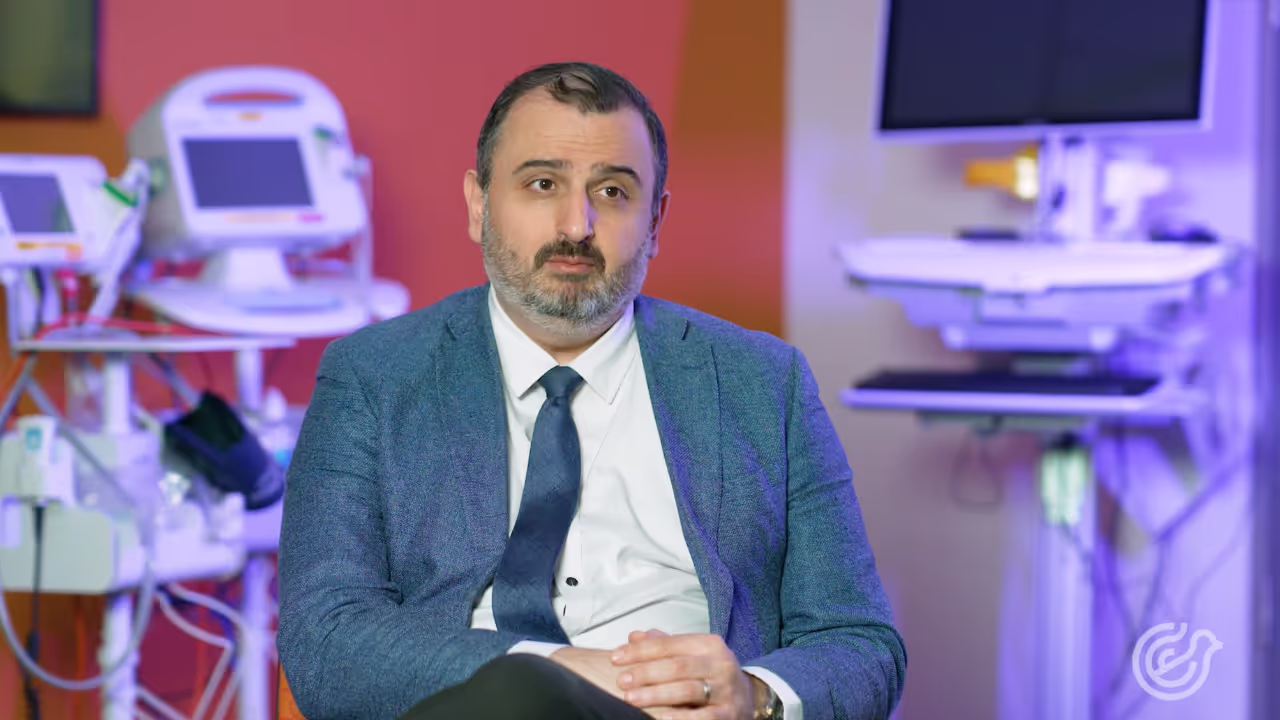
The relentless pace of modern healthcare often leaves clinics overbooked, making effective time management a critical concern for healthcare professionals. For Dr. Saman Heshmat, Medical Director of Neurology at Gold Coast Health, the implementation of Lyrebird has offered a significant reprieve. As he states, "I feel way less pressured and anxious about patient wait times. It saves me a significant amount of time."
This powerful testimonial underscores Lyrebird's transformative potential in alleviating the pressures of a demanding clinical environment and optimising efficiency. This case study will explore how Lyrebird's AI-powered speech-to-text platform has streamlined communication, enhanced accuracy, and ultimately freed up valuable time for patient care within Dr. Heshmat's team.
Challenges
Prior to implementing Lyrebird, the healthcare team relied on traditional dictation and transcription services. This process presented several challenges, including:
- Slow Turnaround Times: Waiting 4-6 weeks for transcriptions significantly delayed the dissemination of crucial patient updates to GPs and primary care practitioners.
- Accuracy Issues: Human typists often struggled with complex medical terminology and the diverse accents of healthcare professionals, leading to errors and the need for time-consuming revisions.
- Time Constraints: The demanding and often overbooked nature of clinic environments placed immense pressure on healthcare professionals to manage their time effectively and minimise patient wait times.
Lyrebird’s Impact
The Gold Coast Health team adopted Lyrebird as a solution to these challenges.
Lyrebird leverages advanced artificial intelligence and natural language processing to provide real-time and highly accurate speech-to-text transcription. Learn more about Lyrebird’s product.
- Streamlined Communication and Increased Efficiency: The most immediate benefit was the dramatic reduction in turnaround time for providing updates to GPs. Instead of weeks, information could now be shared almost instantaneously. This accelerated communication significantly improved the efficiency of the team's workflow, allowing for faster decision-making and better patient care coordination.
“Lyrebird is really helping our team streamline communication with GPs and primary care practitioners. Instead of waiting 4-6 weeks for dictation and transcription services, we’re now able to provide updates much faster. Often immediately. So, we’re now more efficient.”
- Enhanced Accuracy with Medical Terminology: A major pain point with traditional transcription was the frequent errors in medical vocabulary. Lyrebird demonstrated exceptional accuracy in transcribing complex clinical terms, even when spoken by individuals with varying accents. This eliminated the need for extensive review and correction, saving valuable time and ensuring the integrity of patient information.
- Improved Performance in Challenging Audio Conditions: Lyrebird proved robust even in demanding acoustic environments. It accurately captured speech from individuals with strong accents, those speaking softly, and even in situations with multiple speakers present simultaneously. This reliability addressed a significant limitation of human transcription services.
- Reduced Pressure and Improved Time Management: The ability to generate immediate and accurate transcriptions significantly alleviated the pressure associated with patient wait times. Dr Saman felt less anxious and more in control of his schedule, leading to improved time management and potentially reduced burnout. The time saved through efficient transcription allowed for more focused attention on direct patient care.
- Potential for Junior Doctor Training: By providing accurate and readily available records of consultations and discussions, Lyrebird can serve as a valuable learning resource for developing clinical communication skills and understanding medical terminology in real-world contexts.
The implementation of Lyrebird has demonstrably transformed Dr Saman's communication processes, resulting in significant gains in efficiency, accuracy, and time management. The ability to provide near-instantaneous updates to GPs, coupled with the platform's exceptional accuracy with medical terminology and performance in challenging audio conditions, has addressed key limitations of traditional transcription methods. Furthermore, Lyrebird holds considerable potential as a tool for training junior doctors. Dr Saman’s experience underscores the transformative power of AI-powered speech-to-text technology in optimising healthcare workflows and improving the overall experience for both healthcare professionals and patients.
Getting more value out of Lyrebird
Based on the positive outcomes, healthcare organisation should consider:
- Expanding Lyrebird's deployment: Explore extending the use of Lyrebird to other departments and teams within the organisation to maximise its benefits. We offer special rates for clinics based on the number of doctors covered. Find out more about how to start an organisation subscription.
- Exploring further integrations: Investigate potential integrations of Lyrebird with Electronic Medical Record (EMR) systems to further streamline documentation processes. Learn about Lyrebird’s current integrations.
- Developing training programs: Invest in developing structured training programs for junior doctors utilising Lyrebird to enhance their learning and development.
Sign up and start a free trial to Lyrebird Health’s AI medical scribe.
About Dr. Saman Heshmat
MD, MPH, FRACP
Medical Director of Neurology, Gold Coast Health
Dr Sam Heshmat is a neurologist with a particular clinical interest in movement disorders and Parkinson’s disease. He completed his advanced training in Queensland, which included a fellowship in Parkinson’s disease and movement disorders. Dr Heshmat also completed a fellowship in neuromuscular diseases with a particular focus on diagnostic neurophysiology, including nerve conduction studies and electromyography.


